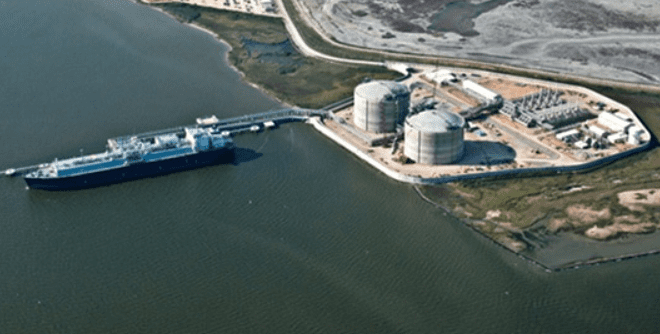
Jimmy Heidelberg
Petroleum is necessary today and will be necessary in the foreseeable future no matter what happens with energy production from other sources.
There is rarely a day when the public is not addressed with an article or policy statement about “Green Energy” and the political desire of some to cease the production and use of petroleum. Most often, the conversation revolves around gasoline and diesel used mainly in transportation and the push to substitute electric vehicles for that purpose.
Aside from the fact that electrical vehicles create their own issues with the environment in their production and operational needs, there is rarely any policy discussion about the other uses for petroleum.
A barrel of oil is usually measured in a 42-gallon container. Of those 42 gallons, approximately 19-20 gallons of gasoline is derived and approximately 11-12 gallons of diesel fuel. That constitutes 71-76% of a barrel of oil depending on the grade of the petroleum. The remaining 24-29% of petroleum is used in virtually every product and service that we encounter in our daily lives, and policy discussions appear to take that for granted.
There is almost no discussion about the necessity of petroleum to produce products that make our modern life today what it is. Our dependency on petroleum for transportation neglects any discussion of use of plastics and other petroleum derivatives. From the plastics we encounter in cell phones and computers to packaging, upholstery on furniture, fabrics that we wear and use, and the indispensable plastics used in healthcare products, lubricants and clothing, we most often do not make the connection that these products are connected to “oil.”
These substances are in almost every product we encounter in the civilized world, and they have no readily available substitute at the present time. Our lives would be changed dramatically if they no longer existed or they could no longer be produced from petroleum by-products.
While recycling efforts for plastics have been ongoing for many years and continue to expand, recycling of plastic products is difficult, energy intensive itself, and there is not readily available substitute for most of the uses.
In fact, little thought is even given to the fact that electric cars need lubricants also, and those lubricants are derived from oil.
Any thoughtful discussion of this makes one realize that petroleum is necessary today and will be necessary in the foreseeable future no matter what happens with energy production from other sources, such as wind and solar power.
There is a pressing need for a more mature and reasonable discussion when advocates claim they want our world to “get off oil.” We should think about what our world and daily lives would be like without the products that are made possible by the by-products of petroleum production.
The next time you see a “environmental advocate” protesting the production and use of oil, check to see if they have a cell phone or other electronic device encased in plastic, whether their clothing has some element of polyester or microfiber, whether the computer they use has plastics, if their house or car is painted, and whether the food they eat is made possible in its production, transportation and consumption without the use of some type of hydrocarbons. The simple answer is most all of these are needed and used by all members of our society and will be necessary to sustain our way of life long into the future.
I know no one who does not want a clean and sustainable environment, but an unrealistic policy goal without the discussion of all of the implications that would result if oil was no longer produced and used needs to be considered.









